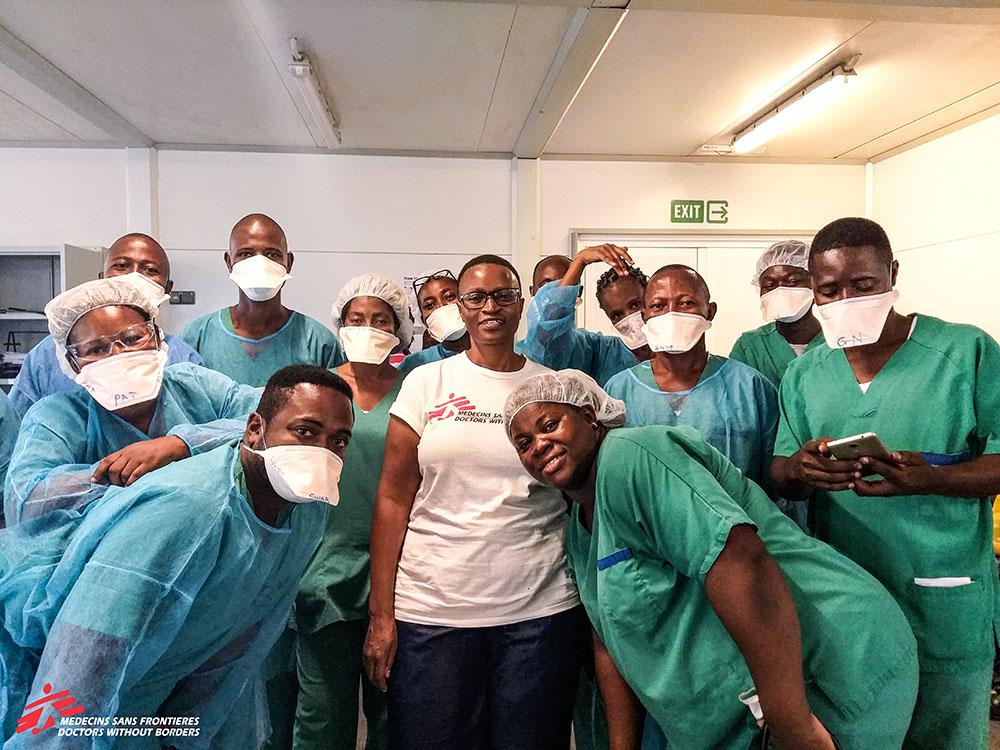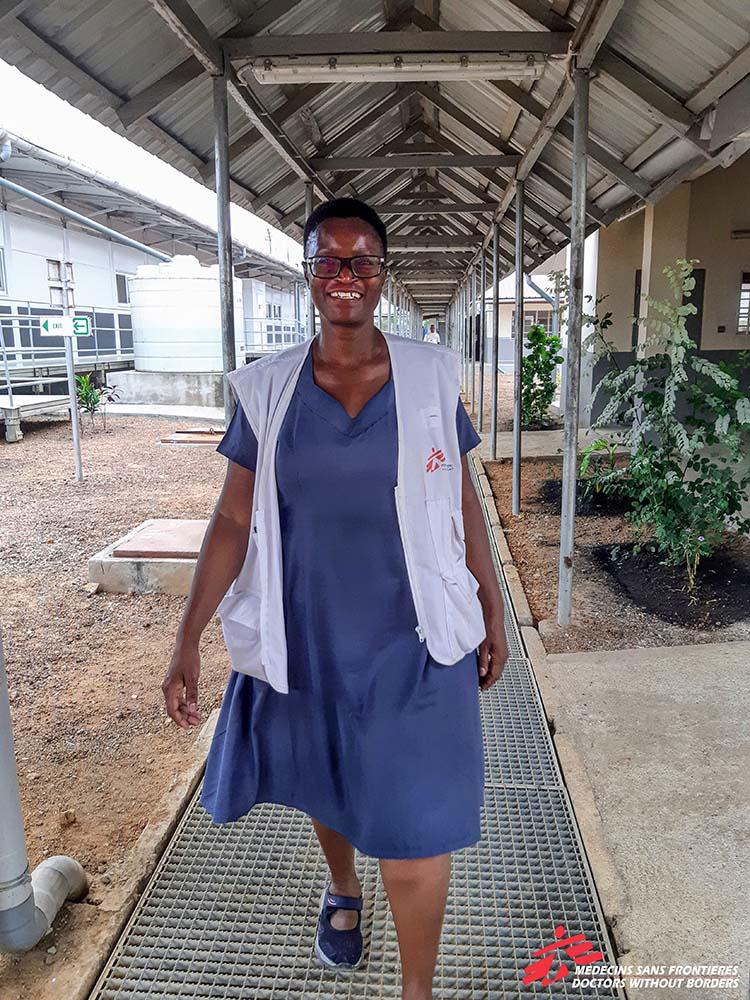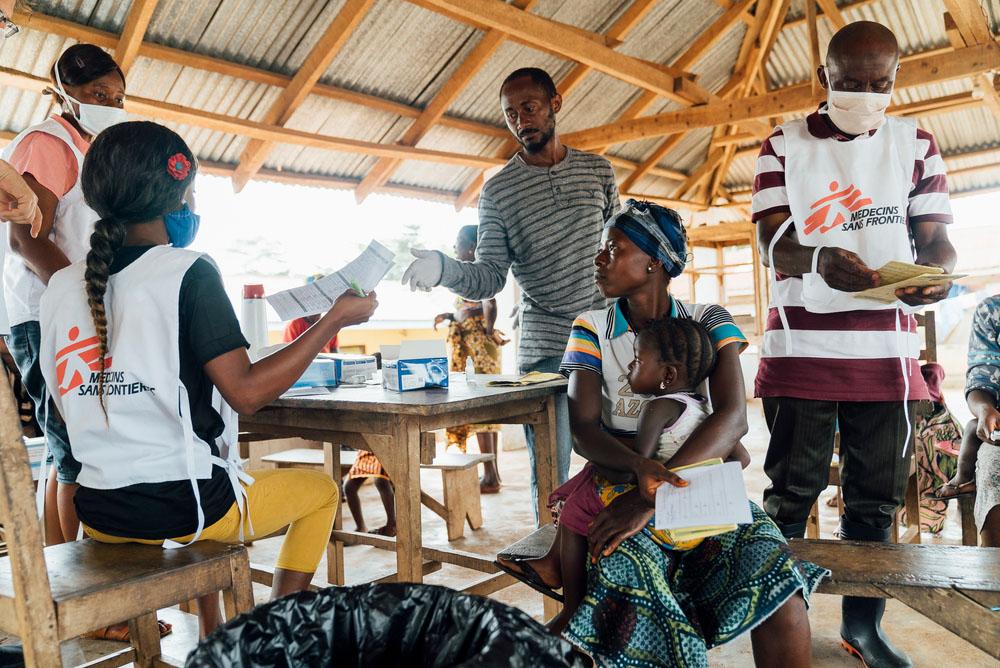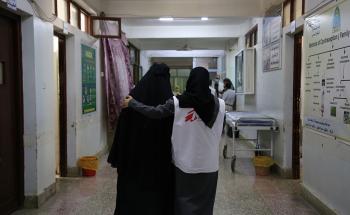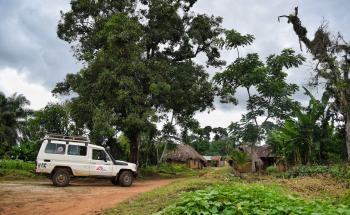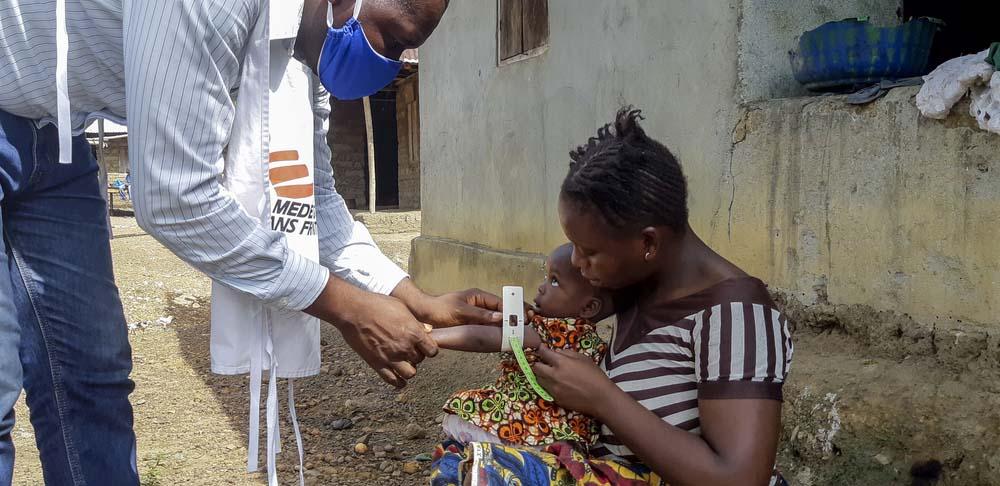Gilberta Jairos is a Zimbabwean nursing director who worked at the MSF Hangha hospital in Kenema, Sierra Leone in 2020. Sierra Leone has one of the world’s highest maternal and child mortality rates with over 1,300 women dying during or after childbirth every year.
Opened in March 2019, the hospital is now a crucial lifeline for many seriously ill children and mothers. The facility includes an emergency room, a paediatric intensive care unit and an inpatient therapeutic feeding centre. Gilberta explains how important it is to treat critically ill patients with respect and non-judgement in order to save lives.
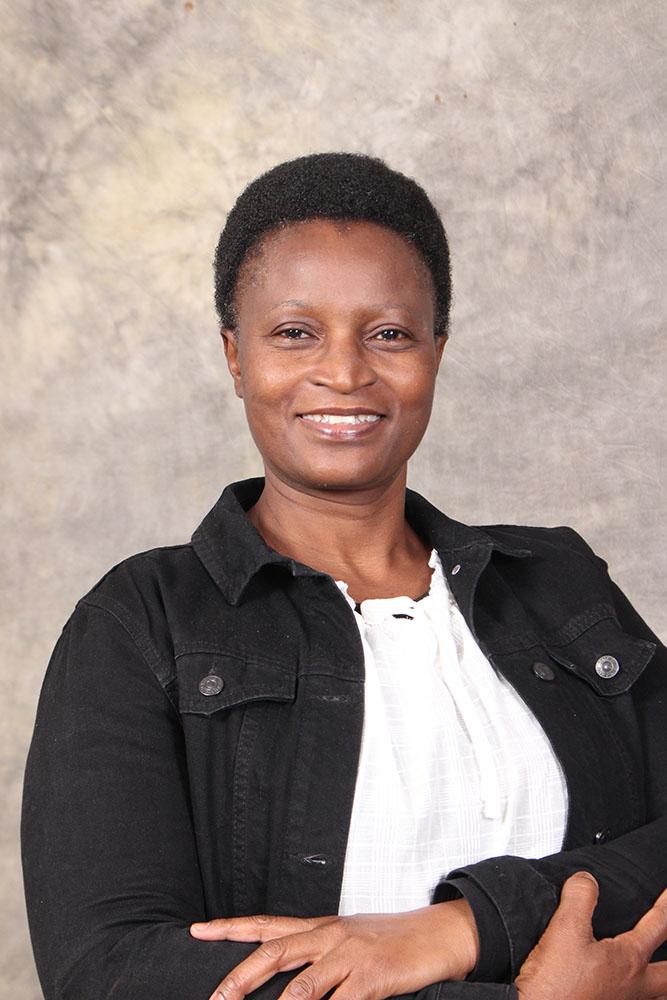
You have all these people working as a team to bring this person back to life and when you manage and they walk out of the hospital, it's amazing.Gilberta Jairos, MSF Nursing Director
“In Kenema, you have children coming in very sick – in critical condition – from malaria, malnutrition or pneumonia. A baby might be gasping for air, about to die and you have this sense of urgency to treat this child who is helpless. We want this small someone to breathe, so you have all these people working as a team to bring this person back to life and when you manage and they walk out of the hospital, it's amazing. It's beautiful.
“It is so important that we remain impartial and non-judgemental when treating patients. Take this example: someone comes in with a child that is convulsing and gasping for air. You will not waste time asking a parent, “Why is this child convulsing? Why didn't you come earlier?” You need to deal with the situation. Now. Forget about everything else. You want to save a life. We try to get all the information we can about the child and what happened. Once they’ve been put on a drip or given oxygen and they’re settled, then you can find out more about what happened.
People know that if they go to an MSF hospital they will get the best treatment and they won't be judged.Gilberta Jairos, MSF Nursing Director
“Many times children are brought to the hospital too late or in a critical condition. Our strategy is to do what we can to avoid this. People know that if they go to an MSF hospital they will get the best treatment and they won't be judged. We make sure to train our nurses in this as well. We don’t reprimand mothers. We are here to teach them, so when they go back to the community they give a positive story and tell people to take their children to the hospital earlier.
“When you become a nurse you have to give an oath to say you’ll abide by medical ethics. You’ll have respect for patients, you’ll be honest, you’ll keep confidentiality, you are responsible for what you do. If you have medical ethics, someone will trust you.
“Medical ethics include giving patients and the guardians the right to refuse treatment. The patient has the right to say’ yes’ or ‘no’ to treatment – and we have to respect this no matter what is happening. We are here to do good, but if you force treatment on someone then you are actually not following medical ethics. We have to treat all patients equally and fairly. We don’t need to know their background or their status or what they believe because everyone is equal.”
